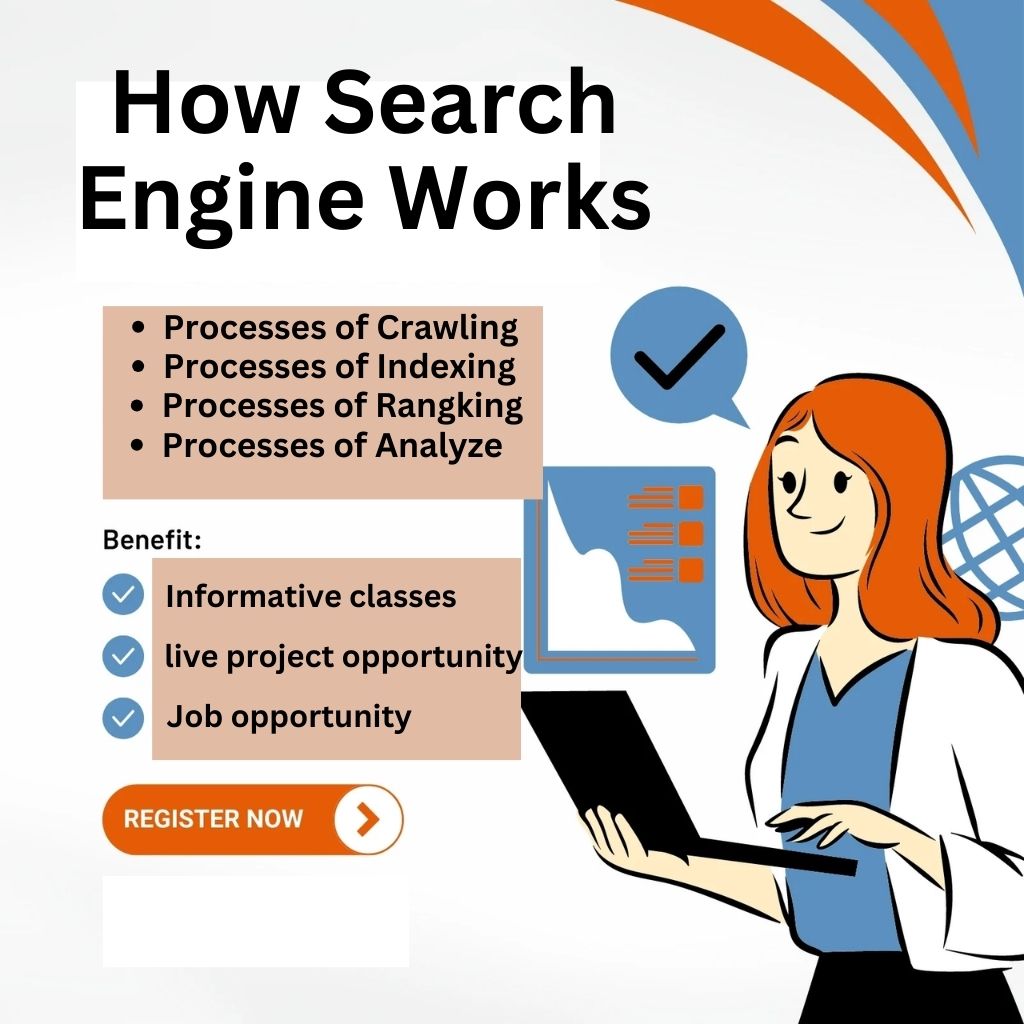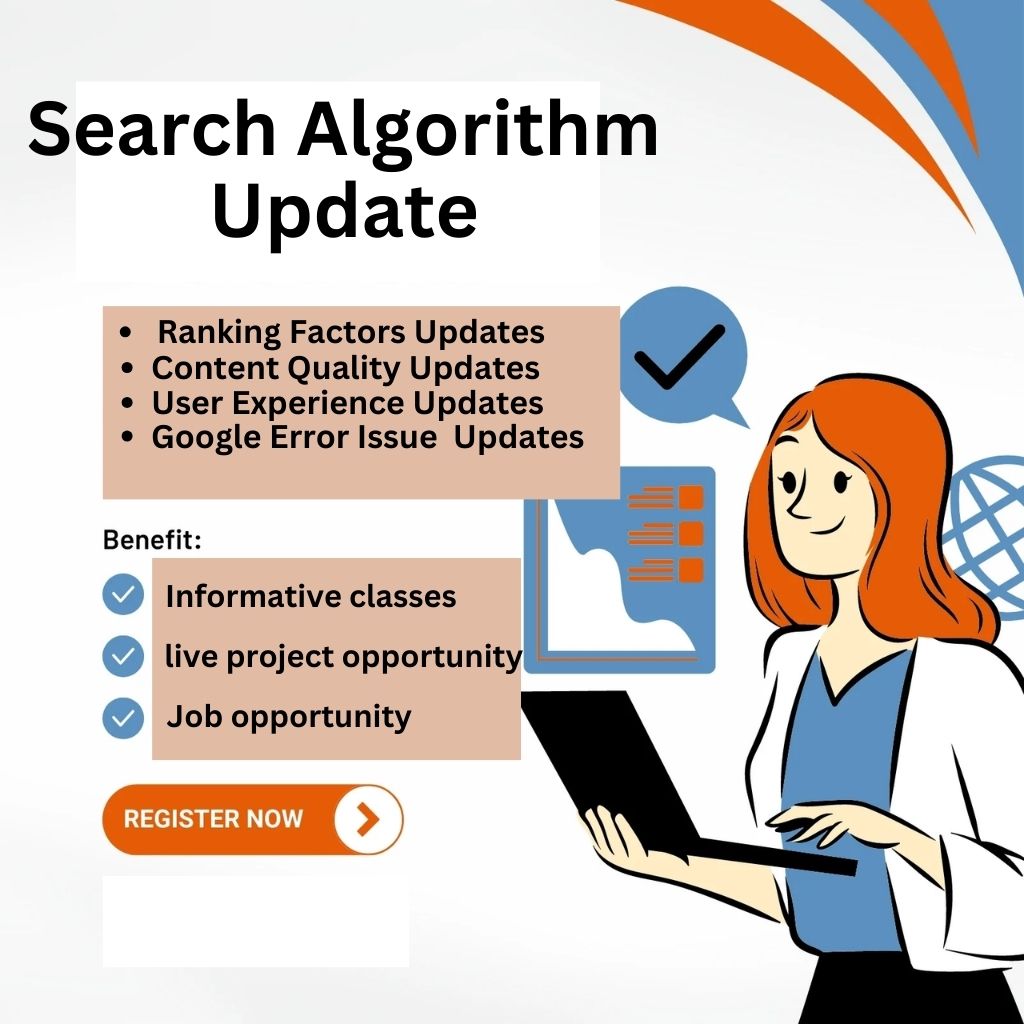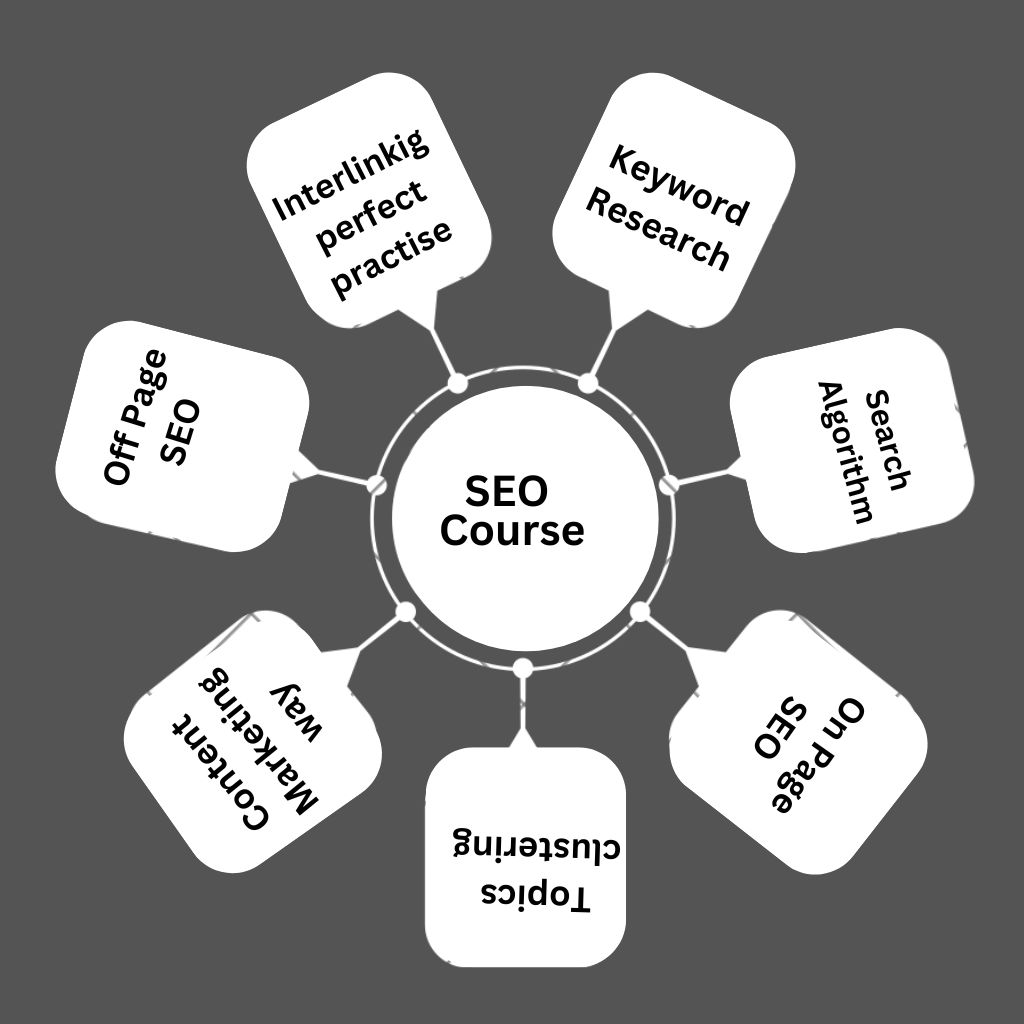
SEO, or Search Engine Optimization, is a crucial strategy for individuals seeking to boost their online business. It involves optimizing website content to rank higher on search engines, driving organic traffic. Learn the art of SEO to enhance visibility, increase website traffic, and elevate your online business effectively.



Google Keyword Planner: Utilize this tool to discover relevant keywords, assess their search volumes, and identify competition levels.
Competitor Analysis: Analyze competitors’ websites to identify keywords driving their traffic, using tools like SEMrush or Ahrefs.
Long-Tail Keyword Exploration: Uncover specific, low-competition keywords using tools like Ubersuggest, focusing on targeted phrases to enhance visibility and attract niche audiences.
Search algorithm updates refine search engines’ ranking criteria. Updates like Google’s use machine learning to evaluate website content quality, user experience, and relevance. These adjustments aim to improve search result accuracy, prioritizing websites that align with evolving user expectations and providing a more nuanced and context-aware ranking system.


Today, let's delve into SEO (Search Engine Optimization) in a general discussion. I'll provide an overview of how SEO functions and its indispensable value for businesses, emphasizing its crucial role in online visibility and success.
Keyword research is paramount in SEO classes, as it dictates project success. Diverse methods exist for effective research, focusing on understanding user intent, competition analysis, and utilizing tools to identify strategic keywords crucial for optimizing website visibility and performance.
SEO enhances a website's visibility by aligning with search engine algorithms. Search engines analyze keywords, content relevance, and user experience to rank pages. Vital for businesses, SEO drives organic traffic, elevates online presence, and boosts potential customer engagement.
This class will demystify Search Algorithm updates, elucidating how search engines provide enhanced SERP opportunities. Gain insights into algorithmic changes, ensuring a comprehensive understanding of how to optimize content for improved search engine ranking and visibility.
SEO optimizes websites to enhance visibility on search engines. It involves strategic techniques like keyword optimization, quality content creation, and backlink building, ensuring higher rankings. Vital for online success, SEO boosts organic traffic and improves user experience.
Topic clustering organizes website content around pillar pages and related subtopics, boosting SEO. By interlinking these pages, it enhances content authority and relevance, aligning with search engine algorithms for improved visibility and higher search rankings.
On-Page SEO optimizes individual web pages to rank higher on Google SERPs. It involves strategic content, meta tags, and URL optimization, enhancing relevance and user experience crucial for securing a prominent position in search results.
Off-Page SEO focuses on activities beyond a website, enhancing its authority and credibility. Strategies include building quality backlinks, social media engagement, and online reputation management to boost rankings on search engine results.
Social Media Marketing leverages social platforms to promote products or services. It involves creating engaging content, fostering community interactions, and utilizing advertising tools for brand awareness and customer engagement, contributing to overall business growth.
YouTube Marketing harnesses the power of video content to reach and engage audiences. It involves creating compelling videos, optimizing titles and descriptions, fostering subscriber interaction, and utilizing features like annotations and end screens for effective brand promotion and visibility.
Content Marketing strategically creates and distributes valuable, relevant content to attract and engage a target audience. By addressing their needs, it builds brand authority, fosters trust, and ultimately drives profitable customer actions.
Return on Investment (ROI) evaluation measures the profitability of an investment. It compares the gain or loss from an investment relative to its cost, helping businesses assess the effectiveness and success of their endeavors.
To use SEO tools effectively, select reputable ones like Google Analytics, SEMrush, and Ahrefs. Conduct keyword research, track website performance, and analyze competitor data. These tools provide valuable insights for optimizing and enhancing your website's SEO strategy.
Lorem ipsum dolor sit amet, consectetur adipiscing elit.Interlinking is a crucial SEO practice involving linking relevant content within your website. It enhances user navigation, distributes link authority, and signals content relationships to search engines, improving overall site structure and boosting SEO performance.

Our comprehensive 4-month SEO course comprises 2 months of informative classes followed by 2 months of hands-on live project work. This structure ensures a thorough understanding and practical application, providing a well-rounded SEO education.